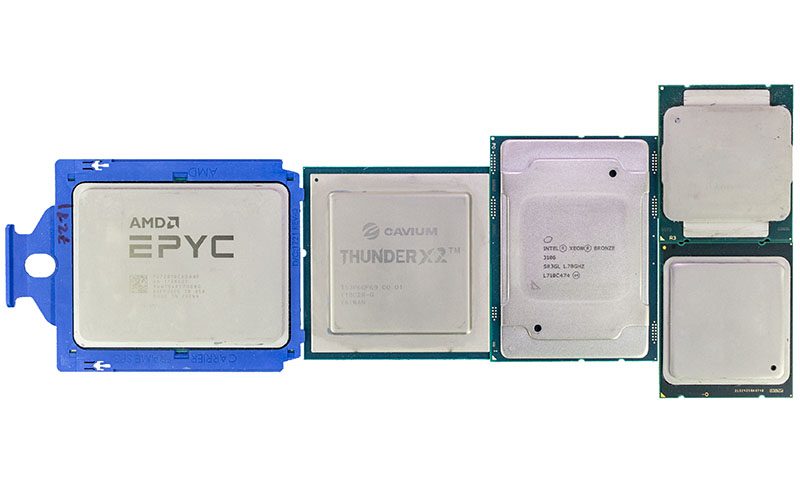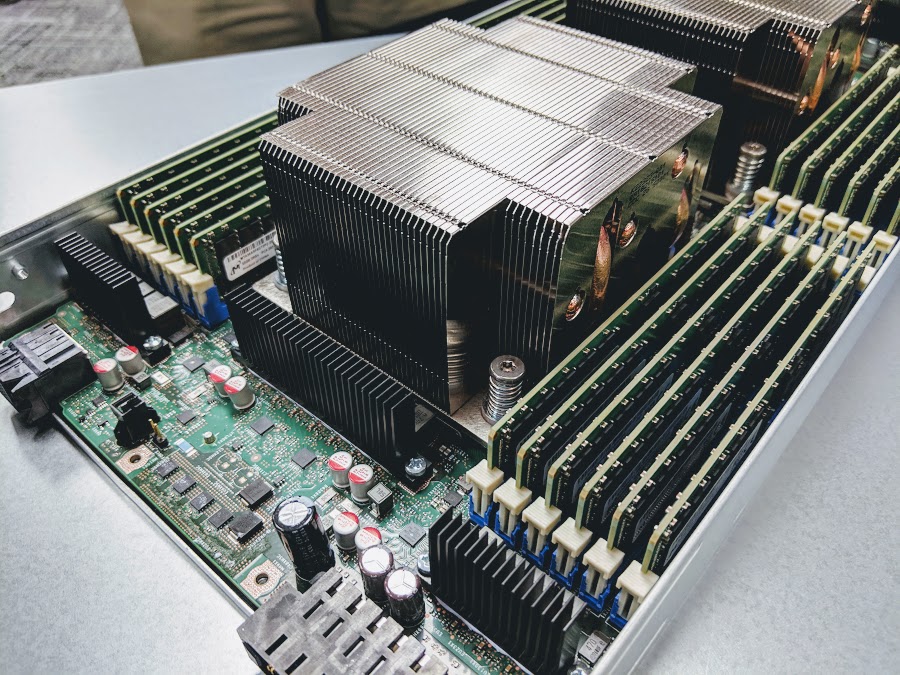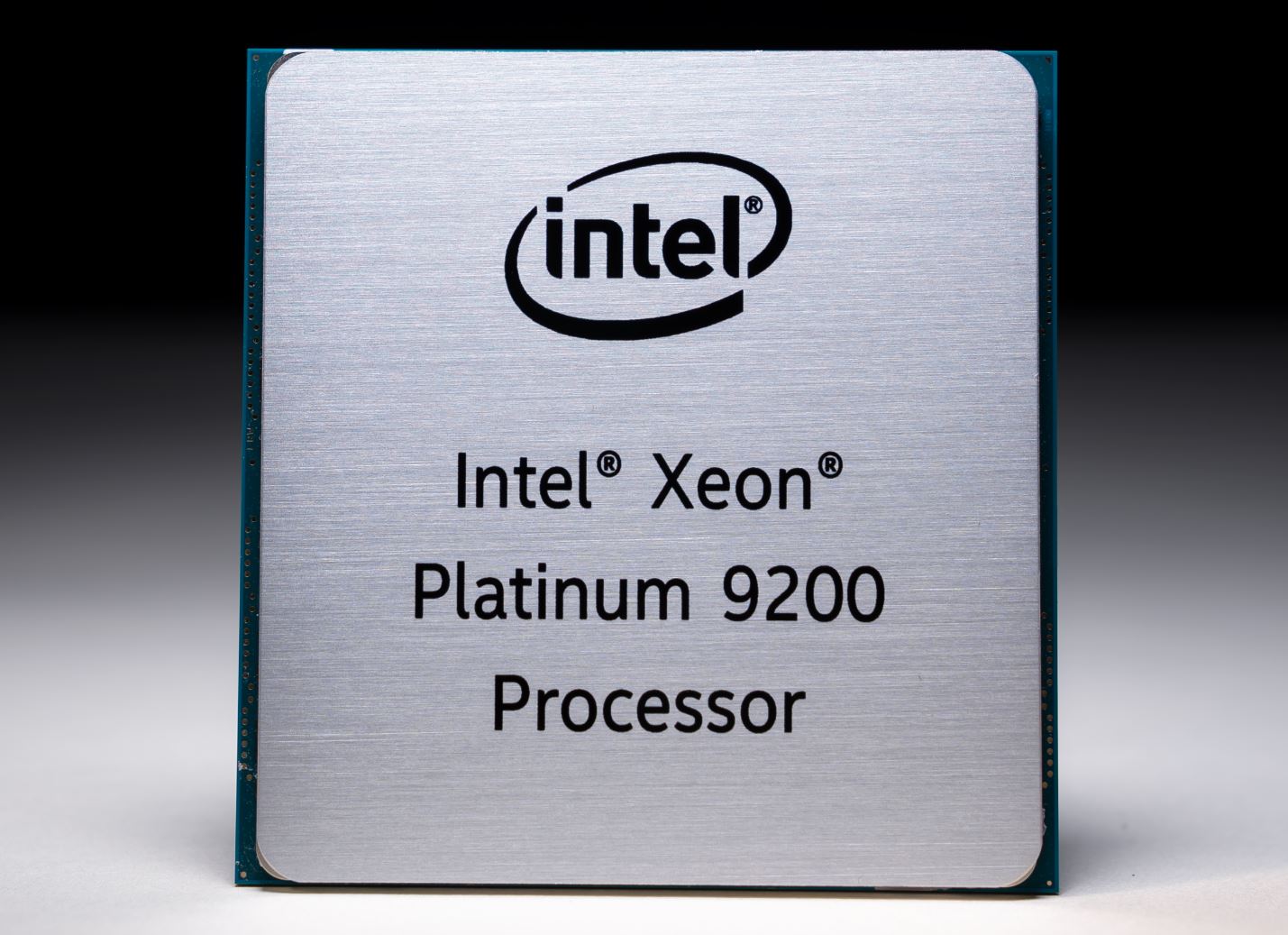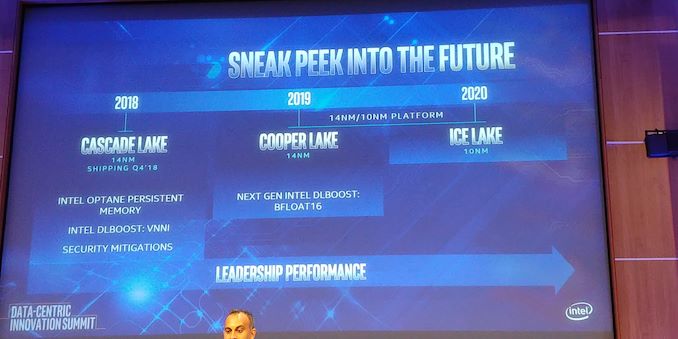- Joined
- Aug 19, 2017
- Messages
- 3,253 (1.13/day)
Intel today announced its future Intel Xeon Scalable processor family (codename Cooper Lake) will offer customers up to 56 processor cores per socket and built-in AI training acceleration in a standard, socketed CPU as part of its mainline Intel Xeon Scalable platforms, with availability in the first half of 2020. The breakthrough platform performance delivered within the high-core-count Cooper Lake processors will leverage the capabilities built into the Intel Xeon Platinum 9200 series, which today is gaining momentum among the world's most demanding HPC customers, including HLRN, Advania, 4Paradigm, and others.
"The Intel Xeon Platinum 9200 series that we introduced as part of our 2nd Generation Intel Xeon Scalable processor family generated a lot of excitement among our customers who are deploying the technology to run their high-performance computing (HPC), advanced analytics, artificial intelligence and high-density infrastructure. Extended 56-core processor offerings into our mainline Intel Xeon Scalable platforms enables us to serve a much broader range of customers who hunger for more processor performance and memory bandwidth."
-Lisa Spelman, vice president and general manager of Data Center Marketing, Intel Corporation
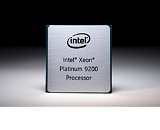
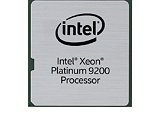
The future Intel Xeon Scalable processors (codename Cooper Lake) will deliver twice the processor core count (up to 56 cores), higher memory bandwidth, and higher AI inference and training performance compared to the standard Intel Xeon Platinum 8200 processor. The future 56-core Cooper Lake processor is expected to deliver a lower power envelope than the current Intel Xeon Platinum 9200 processors. Cooper Lake will be the first x86 processor to deliver built-in high-performance AI training acceleration capabilities through new bfloat16 support added to Intel Deep Learning Boost (Intel DL Boost ). Cooper Lake will have platform compatibility with the upcoming 10nm Ice Lake processor.
For more than 20 years, Intel Xeon processors have delivered the platform and performance leadership that gives data center and enterprise customers the flexibility to pick the right solution for their computing needs. Next-generation Intel Xeon Scalable processors (Cooper Lake) build off Intel's uninterrupted server processor track record by delivering leadership performance for customers' real-world workloads and business application needs.
Intel Xeon Platinum 9200 processors are available for purchase today as part of a pre-configured systems from select OEMs, including Atos, HPE, Lenovo, Penguin Computing, Megware and authorized Intel resellers. Learn more information about the Intel Xeon Platinum 9200 processors.
View at TechPowerUp Main Site
"The Intel Xeon Platinum 9200 series that we introduced as part of our 2nd Generation Intel Xeon Scalable processor family generated a lot of excitement among our customers who are deploying the technology to run their high-performance computing (HPC), advanced analytics, artificial intelligence and high-density infrastructure. Extended 56-core processor offerings into our mainline Intel Xeon Scalable platforms enables us to serve a much broader range of customers who hunger for more processor performance and memory bandwidth."
-Lisa Spelman, vice president and general manager of Data Center Marketing, Intel Corporation


The future Intel Xeon Scalable processors (codename Cooper Lake) will deliver twice the processor core count (up to 56 cores), higher memory bandwidth, and higher AI inference and training performance compared to the standard Intel Xeon Platinum 8200 processor. The future 56-core Cooper Lake processor is expected to deliver a lower power envelope than the current Intel Xeon Platinum 9200 processors. Cooper Lake will be the first x86 processor to deliver built-in high-performance AI training acceleration capabilities through new bfloat16 support added to Intel Deep Learning Boost (Intel DL Boost ). Cooper Lake will have platform compatibility with the upcoming 10nm Ice Lake processor.
For more than 20 years, Intel Xeon processors have delivered the platform and performance leadership that gives data center and enterprise customers the flexibility to pick the right solution for their computing needs. Next-generation Intel Xeon Scalable processors (Cooper Lake) build off Intel's uninterrupted server processor track record by delivering leadership performance for customers' real-world workloads and business application needs.
Intel Xeon Platinum 9200 processors are available for purchase today as part of a pre-configured systems from select OEMs, including Atos, HPE, Lenovo, Penguin Computing, Megware and authorized Intel resellers. Learn more information about the Intel Xeon Platinum 9200 processors.
View at TechPowerUp Main Site





